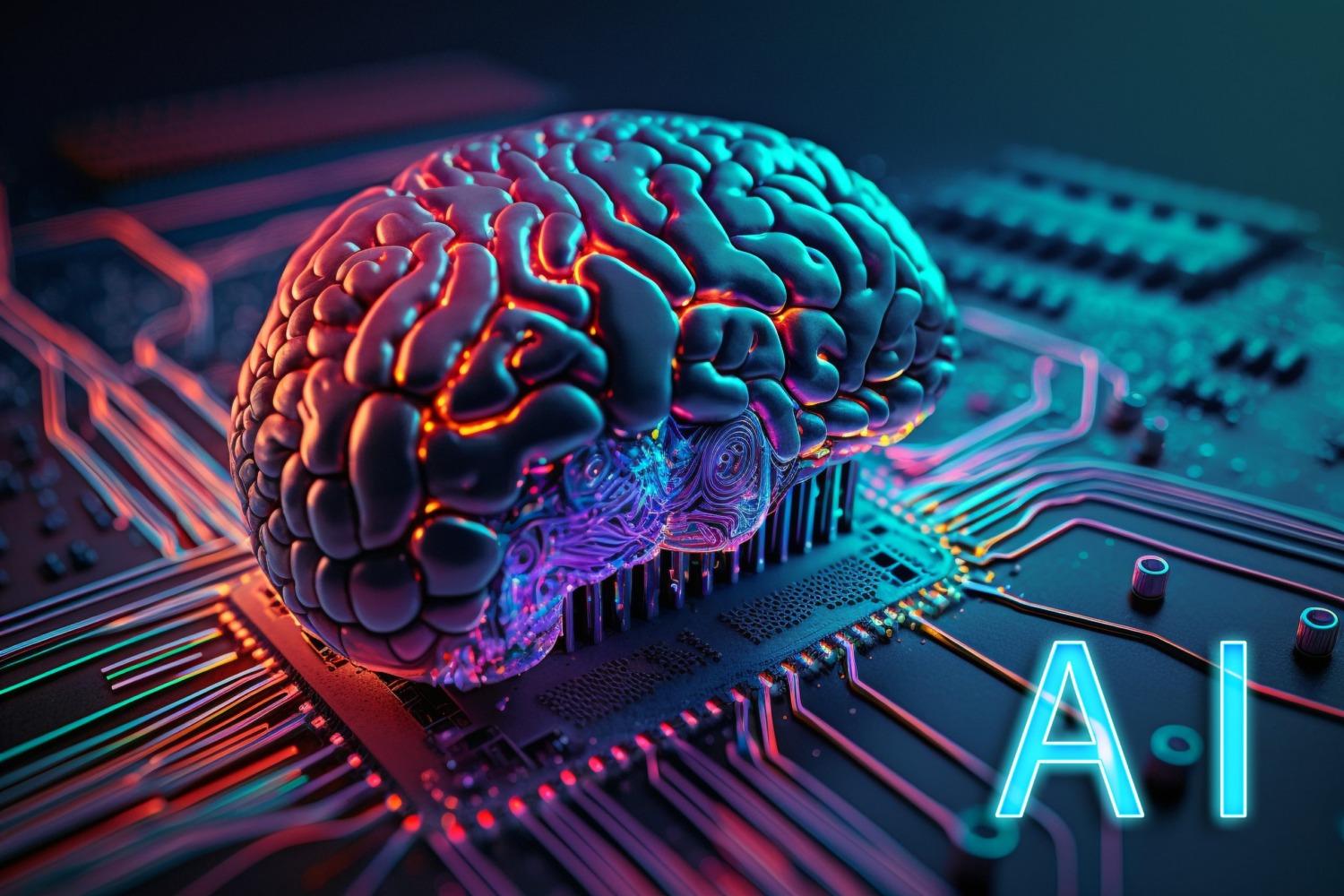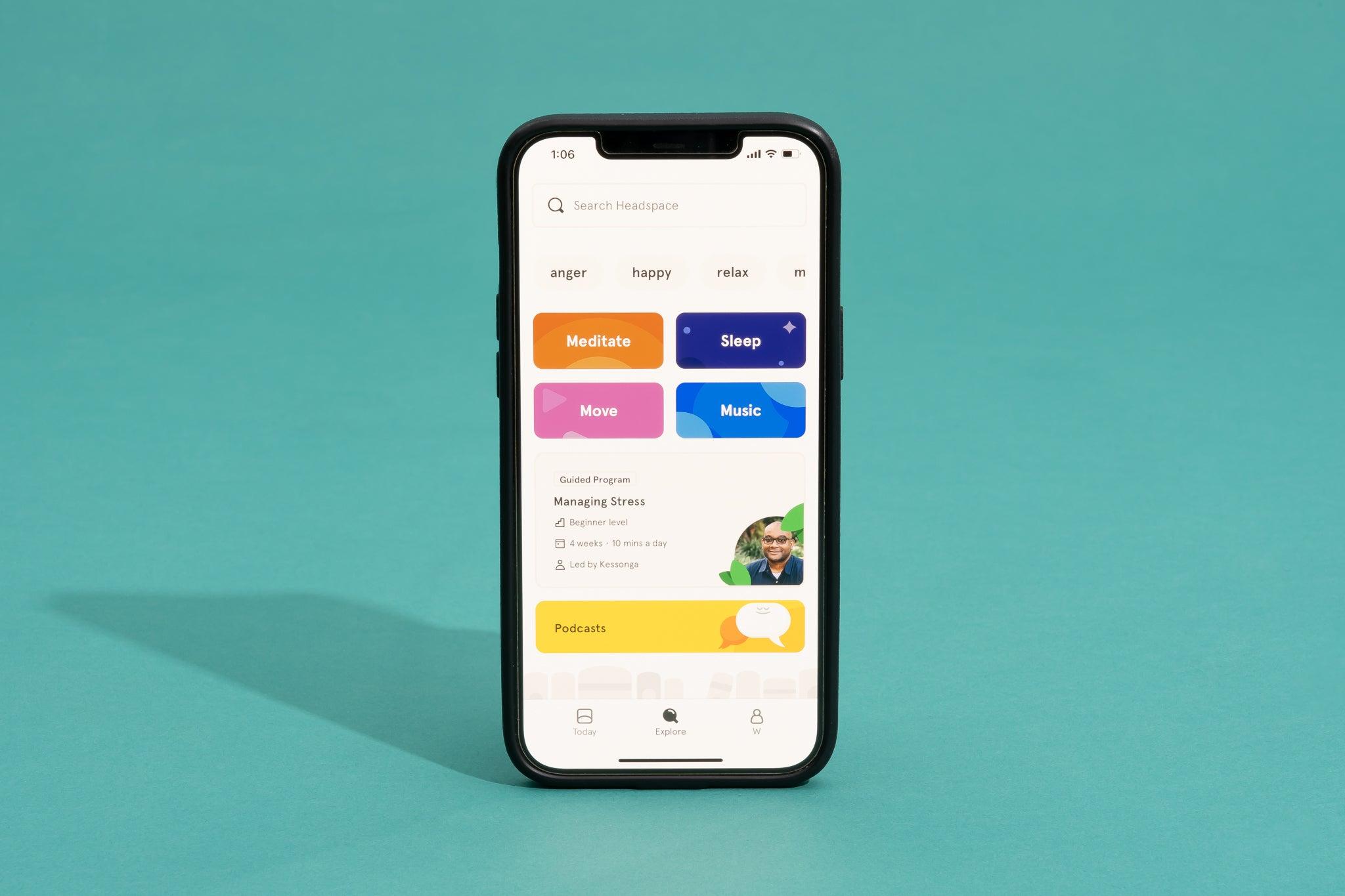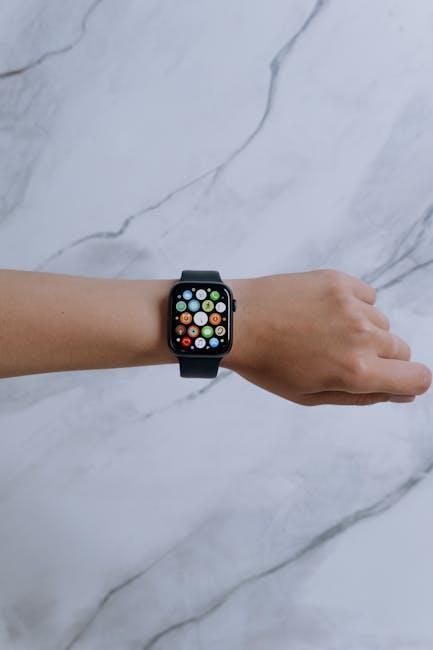Welcome to the brave new world where your smartwatch is not just judging your step count but also your life choices—thanks to Artificial Intelligence. yes, because clearly, what your morning meditation app really needed was a snarky algorithm to tell you why you’re failing at Zen. Integrating AI into wellness apps promises all the usual fanfare: personalized insights, predictive analytics, and a dash of hope that maybe, just maybe, it can actually keep you on track this time. But let’s not kid ourselves—this shiny tech isn’t all kumbaya and kumbucha. Behind the glossy interface lies a labyrinth of data privacy nightmares, algorithmic bias, and the terrifying prospect that your ’smart’ app might just know you better than you know yourself. So buckle up as we dissect the glitter and grime of making AI your wellness wingman, exploring the perks that’ll make you swoon and the pitfalls that’ll make you want to throw your phone out the window. Welcome to the no-BS guide on why integrating AI into wellness apps is both the best and worst thing you’ve ever done for your mental health.
AI in Wellness Apps Because Your Therapist Needs an Upgrade
Let’s face it, your therapist could use a software update. Enter AI-driven wellness apps that promise to listen without ever judging you for binge-watching reality TV rather of meditating. These digital gurus are always available, never cancel appointments, and don’t charge an arm and a leg. here’s what they bring to the table:
- 24/7 Availability: because your late-night existential crises don’t keep business hours.
- Personalized Insights: Algorithms that know you better than your last three relationships combined.
- Cost-Effective: Therapy without the crippling student loan interest rates.
But before you toss your human therapist out with your old smartphone, let’s talk challenges. AI might be smart, but it still can’t replace genuine human empathy or understand the nuanced mess that is human emotion. Plus, there are some pesky issues like data privacy and the occasional glitch when your virtual counselor thinks you need to take up competitive knitting.
- Lack of human Touch: Sometimes you need more than a well-timed meme.
- Privacy Concerns: Your deepest secrets are only as safe as your favorite app’s security measures.
- Technical Limitations: When your AI decides to have a digital meltdown and can’t process your feelings properly.

When Your Meditation App Knows Too Much About You
Oh great, your meditation app is now your nosy neighbor. It’s not just tracking how long you sit in silence anymore—it’s practically your life coach, therapist, and detective all rolled into one. From monitoring your sleep patterns to analyzing your breathing for “stress levels,” because nothing says tranquility like an app that knows exactly when you’re about to lose it. And let’s not forget the *fun* features like predicting your mood based on the number of skipped sessions. Thanks,technology,for making mindfulness feel invasive.
- location Tracking: So your app knows where you are 24/7. Because meditating in a noisy café totally counts as peaceful.
- Personal Data Mining: It’s not enough to guide your breath—you need personalized affirmations based on your entire online persona.
- Behavior Analysis: Your app judges your meditation consistency and subtly shames you with tailored notifications.Yay?
and just to showcase the depths of its “wellness,” check out this gem:
| Your Peaceful Intentions | App’s Creepy Inferences |
|---|---|
| Choose a calming background sound | Identifies your favorite genre and adjusts ads accordingly |
| Set meditation goals | Tracks your progress and nags when you’re slacking |

Smart Features That Make You Think Twice About Being Smart
Oh, look at these genius AI-driven features that your wellness app insists on blessing you with. As what you really needed was an algorithm judging your yoga poses or guilt-tripping you for that third slice of pizza.Here are some gems:
- Personalized Guilt Trips: Because nothing says “wellness” like an app making you feel bad for not meditating enough.
- Overanalyzing Sleep Patterns: Your app knows when you stayed up past midnight and loves to remind you every damn morning.
- therapy Chatbots: Sure, replace a trained therapist with a bot that probably doesn’t get your issues but offers canned responses.
And letS not forget the delightful side effects of these so-called smart features. Prepare yourself for an inundation of unsolicited advice and data overreach:
| Feature | Problem |
|---|---|
| Emotion Tracking | Turns your mood swings into a daily report card. |
| Activity Recommendations | dictates how you should live your life, one step at a time. |
| Health Data Sharing | as who doesn’t want their private health info floating around? |

implementing AI Like a Pro Without Screwing Up Your Users
Look, integrating AI into your wellness app isn’t rocket science, but some developers seem to think they’re launching the next AI overlord. Don’t bombard your users with unsolicited psychic predictions or turn their sleep tracking into a full-blown surveillance state. keep it simple and respectful.Here’s how not to be a digital tyrant:
- Respect Privacy: No one likes Big Brother watching their yoga poses.
- Simplify Onboarding: If your AI setup feels like a NASA manual, users will bail faster than you can say “machine learning.”
- Provide Clear Value: Don’t just throw fancy algorithms at them. Show them something useful, like actual sleep betterment tips instead of cryptic data streams.
For those still trying to figure it out, here’s a handy table to keep your sanity intact:
| Don’t | Do |
|---|---|
| Overcomplicate Features | focus on Core Benefits |
| Ignore User Feedback | Iterate Based on Real Needs |
| Glitch Out | Ensure Smooth Performance |
Bottom line: Treat your users like humans, not guinea pigs. Implement AI thoughtfully, and you might just avoid the backlash of your next “innovative” disaster.
Q&A
Q1: So, why the hell are we even bothering to slap AI onto wellness apps? What’s the big, brilliant idea here?
A1: Oh, where do we start? As apparently telling your phone to guilt-trip you into doing yoga is the next big thing. integrating AI into wellness apps promises to personalize your “self-care” routine, track every pathetic excuse for a workout, and bombard you with reminders you’ll inevitably ignore. it’s like having a drill sergeant that actually lives inside your pocket. Genius, right?
Q2: Alright, smarty-pants AI, what are these supposed benefits? Enlighten me.
A2: Glad you asked.First off, AI can sift through mountains of your boring data to tailor wellness plans that—supposedly—fit your unique laziness patterns. It can predict when you’re about to skip leg day and send you motivational nonsense. Plus,chatbots are here to lend an “empathetic” ear when you cry about your third missed meditation session. Isn’t technology just heartwarming?
Q3: Sounds like a lot of bells and whistles. But what are the actual challenges? Spill the tea.
A3: Oh, where to begin. Privacy? Sure, let’s let some algorithm snoop into our most intimate health habits. Then there’s the accuracy—because nothing says trusted wellness advice like a code-mashed recommendation that thinks you need 20 hours of sleep because you’re a “night owl.” And let’s not forget the user experience: convincing humans to bond with bots that couldn’t care less about their existential crises. fabulous.
Q4: So, is this AI takeover in the wellness world all doom and gloom, or is there a silver lining somewhere?
A4: If by “silver lining” you mean slightly less manual entry of your steps because your app now auto-tracks them with pathetic precision, then sure.Maybe a few folks actually stick to their fitness goals thanks to relentless AI nagging. But let’s not kid ourselves—it’s mostly just another way to monetize our self-improvement fantasies while reminding us how lazy we are.
Q5: What about the ethical side of things? Any skeletons in the AI wellness closet?
A5: Absolutely. Let’s talk about data exploitation—the backbone of AI. Your deepest insecurities, health stats, and questionable dietary choices are just ripe for commercial exploitation. And biases? oh, AI loves them. Expect your “personalized” wellness plan to favor one-size-fits-all nonsense that disregards cultural and individual diversity. Ethical? More like ethically dubious, but hey, profit over principles, right?
Q6: Last question—should we all just embrace AI in our wellness apps, or is there a better way to pretend to care about our health?
A6: Embrace away, if you enjoy being monitored by a soulless algorithm that celebrates your small wins and mocks your inevitable failures. For those seeking genuine human connection and tailored care, maybe stick to good old-fashioned therapists and trainers who aren’t just lines of code. But sure, let’s keep handing over our well-being to entities that couldn’t hold a conversation if their digital life depended on it. Cheers to progress,I guess.
To conclude
So, there you have it—AI slamming its way into your wellness apps like it’s the latest gym craze. Sure,it promises to turn you into a zen master while secretly judging your snack choices,but let’s not kid ourselves. The benefits? Yeah, they’re real enough to make you consider swapping your third cup of coffee for some algorithm-driven mindfulness. the challenges? Oh, just the usual suspects: privacy nightmares, tech tantrums, and AI trying to psychoanalyze your every move like an overzealous life coach.
But hey, if you’re brave enough to let a bunch of code tell you how to breathe and meditate, more power to you. Embrace the chaos, laugh at the glitches, and maybe, just maybe, you’ll find some semblance of balance in this high-tech circus. After all, what’s life without a little artificial interference to keep things captivating? Cheers to integrating AI into our quest for wellness—because apparently, self-improvement now comes with a side of smart algorithms and a dash of digital sass.


